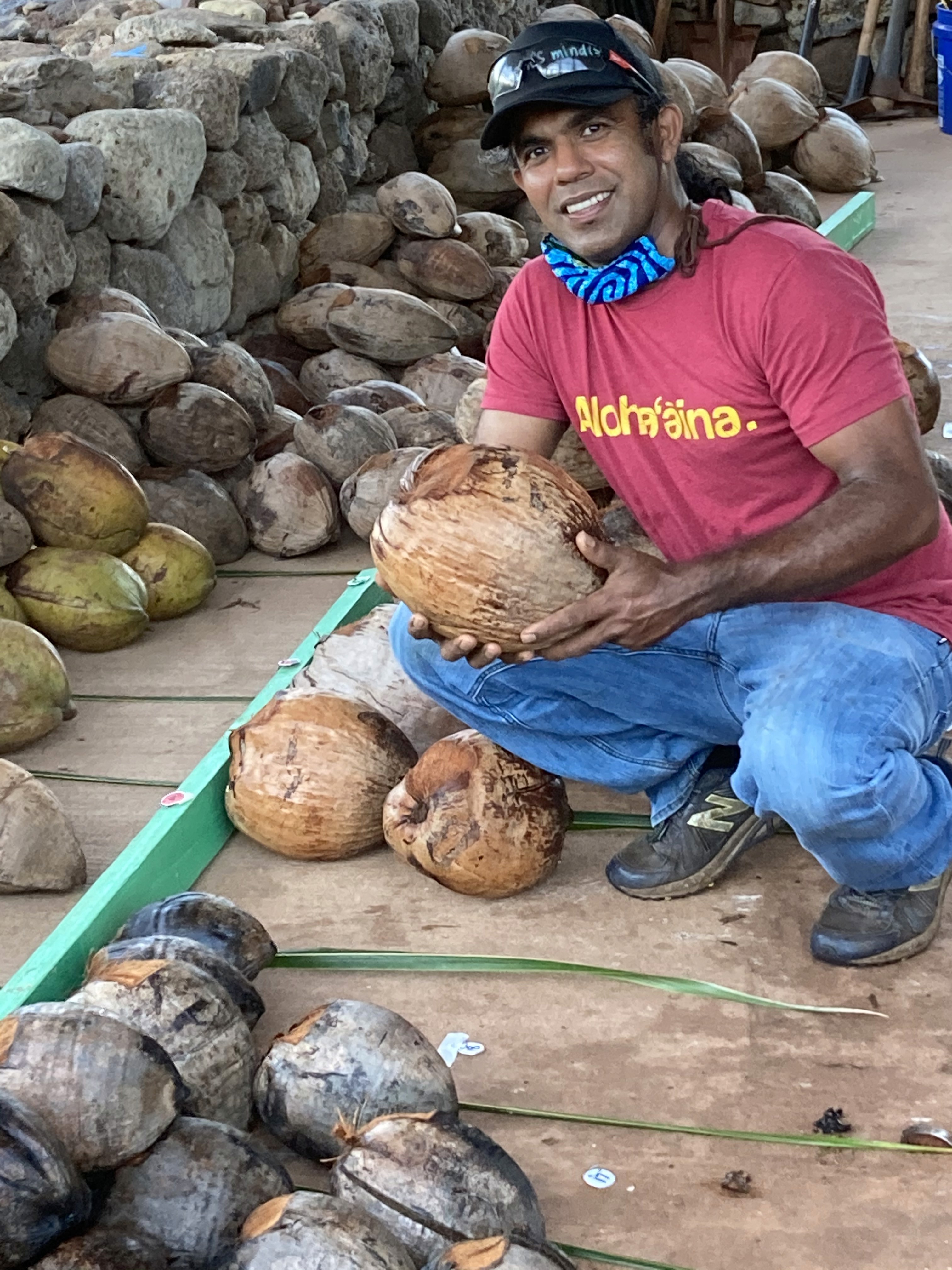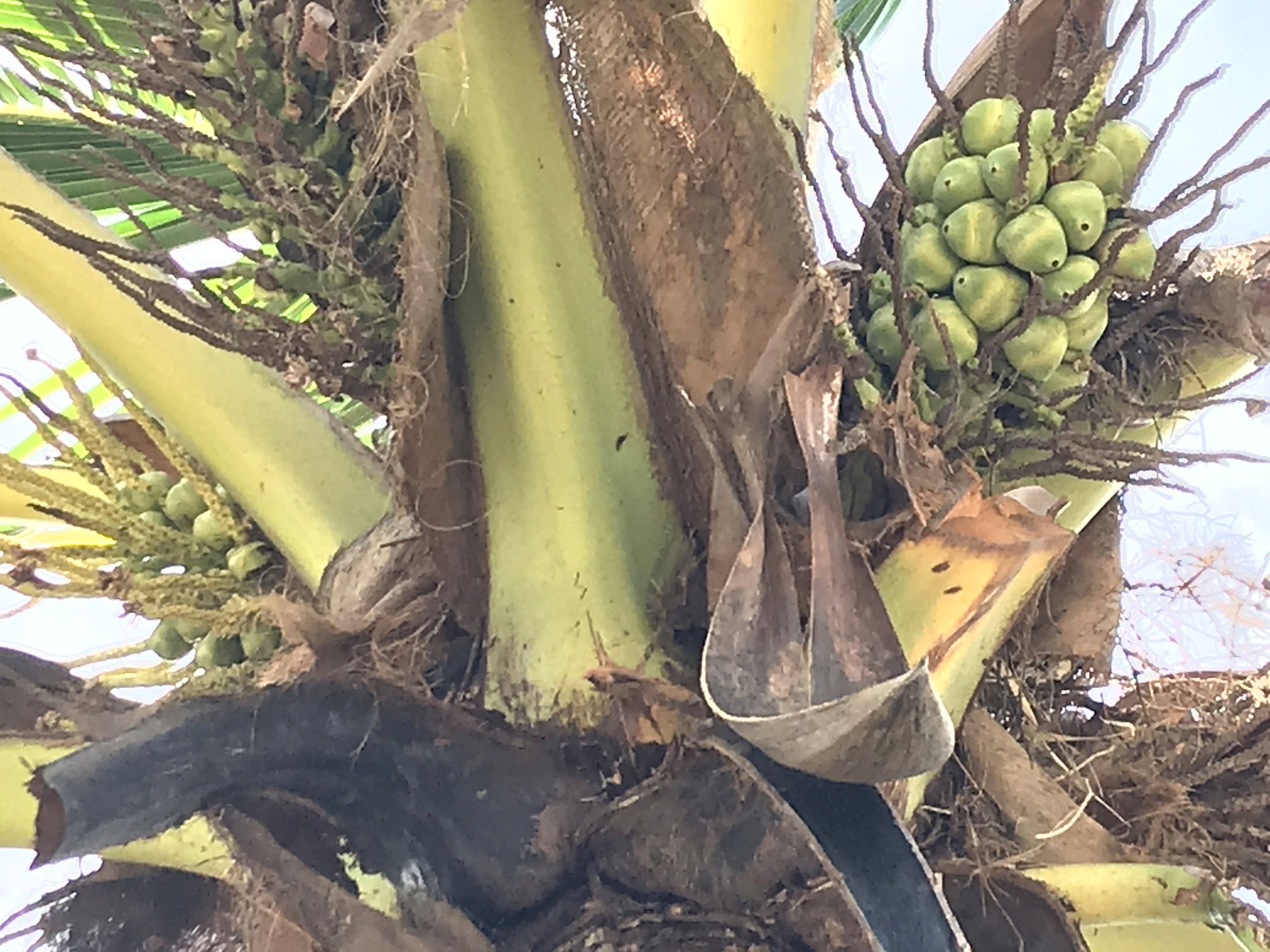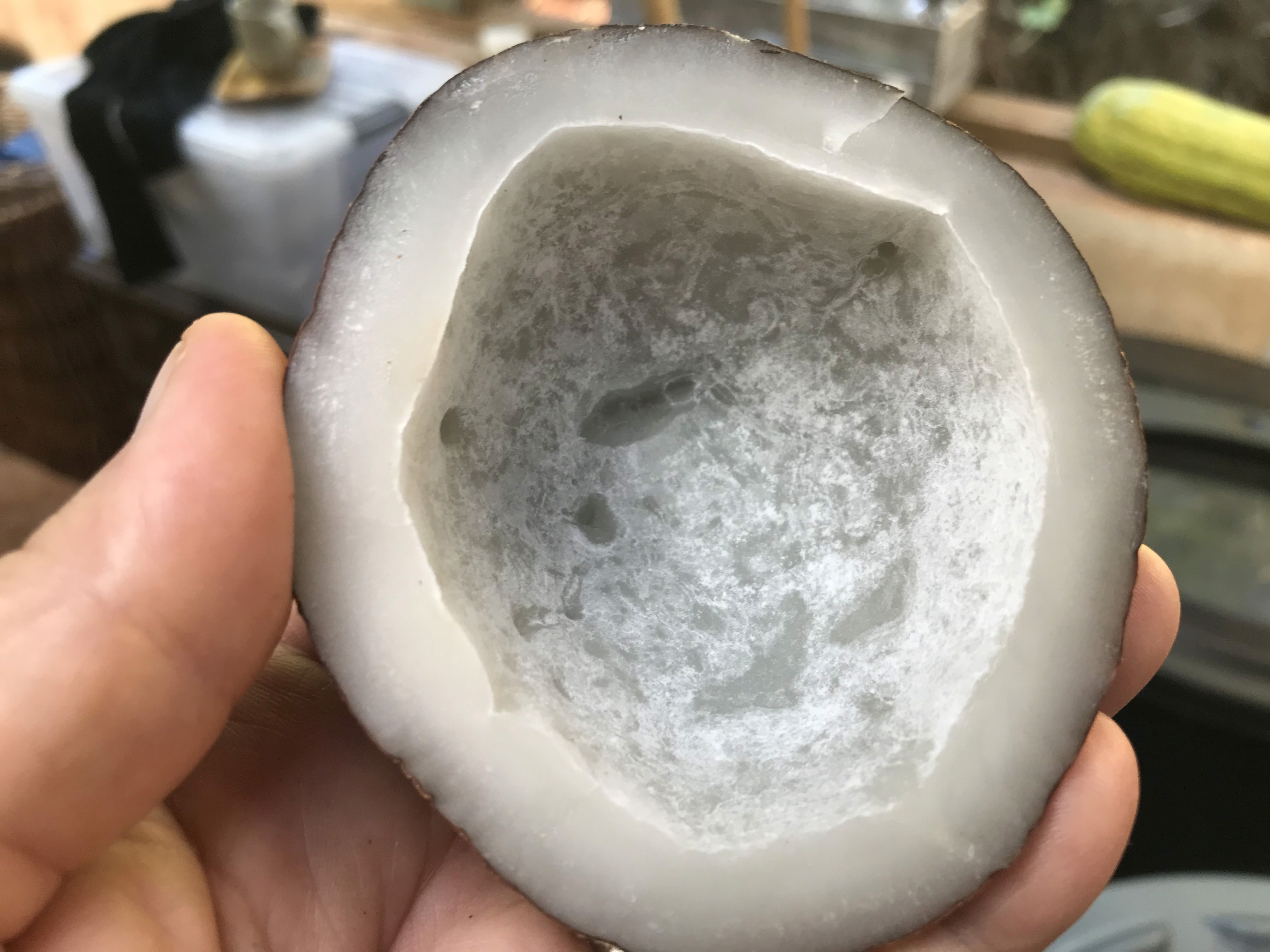


About
NiU NOW! is a community cultural agroforestry movement emerging to affirm the importance of niu, coconut and uluniu, coconut groves. At the center of our movement is the re-establishment of a loving relationship with niu and the ancient knowledge practices of Hawai‘i’s coconut heritage as a “tree of life,” a complete food system.
NiU NOW! is a community cultural agroforestry movement emerging to affirm the importance of niu, coconut and uluniu, coconut groves. At the center of our movement is the re-establishment of a loving relationship with niu and the ancient knowledge practices of Hawai‘i’s coconut heritage as a “tree of life,” a complete food system.
Led by Dr. Manulani Aluli Meyer and Indrajit Gunasekara, NiU NOW! has three priorities to re-establish the coconut back into ka pae ʻāina o Hawaiʻi, into the Hawaiian islands:
• Hawaiian cultural revitalization
• Ecological conservation
• Food security/healing
We begin first with land-based practices that honor our coconut heritage. This movement was founded in our backyards and in the hearts and cultural practices of community. Our growth has continued now within our own commitments, and with family, with our beloved pae ʻāina community, and with institutional support that continues to re-envision and reconstruct a living economy. NiU NOW! is not growing large-scale uluniu for economic gain, but rather coconut groves for a healthy society and the well-being of people.
Led by Dr. Manulani Aluli Meyer and Indrajit Gunasekara, NiU NOW! has three priorities to re-establish the coconut back into ka pae ʻāina o Hawaiʻi, into the Hawaiian islands:
• Hawaiian cultural revitalization
• Ecological conservation
• Food security/healing
We begin first with land-based practices that honor our coconut heritage. This movement was founded in our backyards and in the hearts and cultural practices of community. Our growth has continued now within our own commitments, and with family, with our beloved pae ʻāina community, and with institutional support that continues to re-envision and reconstruct a living economy. NiU NOW! is not growing large-scale uluniu for economic gain, but rather coconut groves for a healthy society and the well-being of people.
Events


Uluniu Workday
Uluniu Workday
UH West Oahu
Jan 31, 2026, 8:00 AM
Jan 31, 2026, 8:00 AM
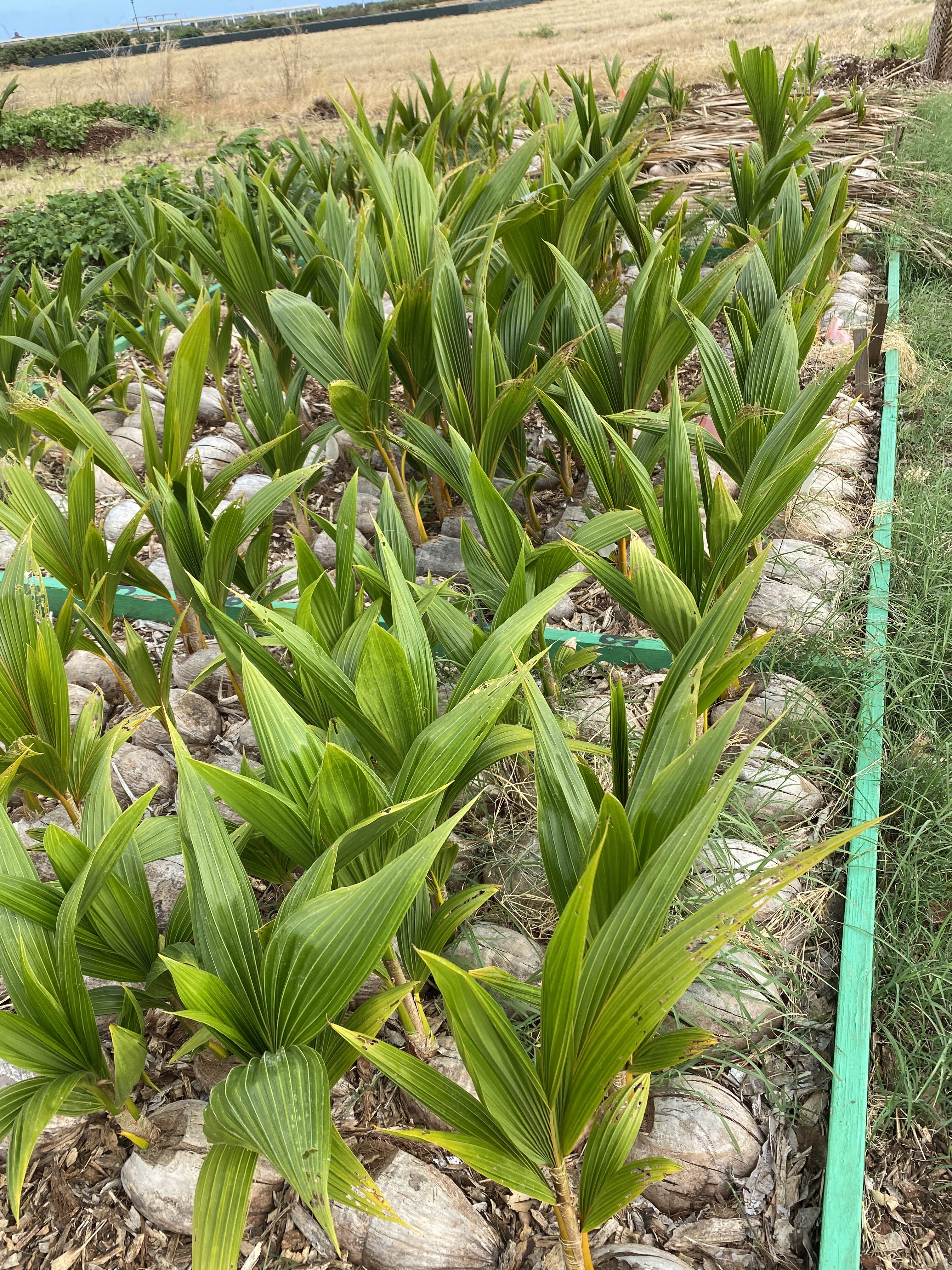

Uluniu Workday
Uluniu Workday
UH West Oahu
Feb 28, 2026, 8:00 AM
Feb 28, 2026, 8:00 AM
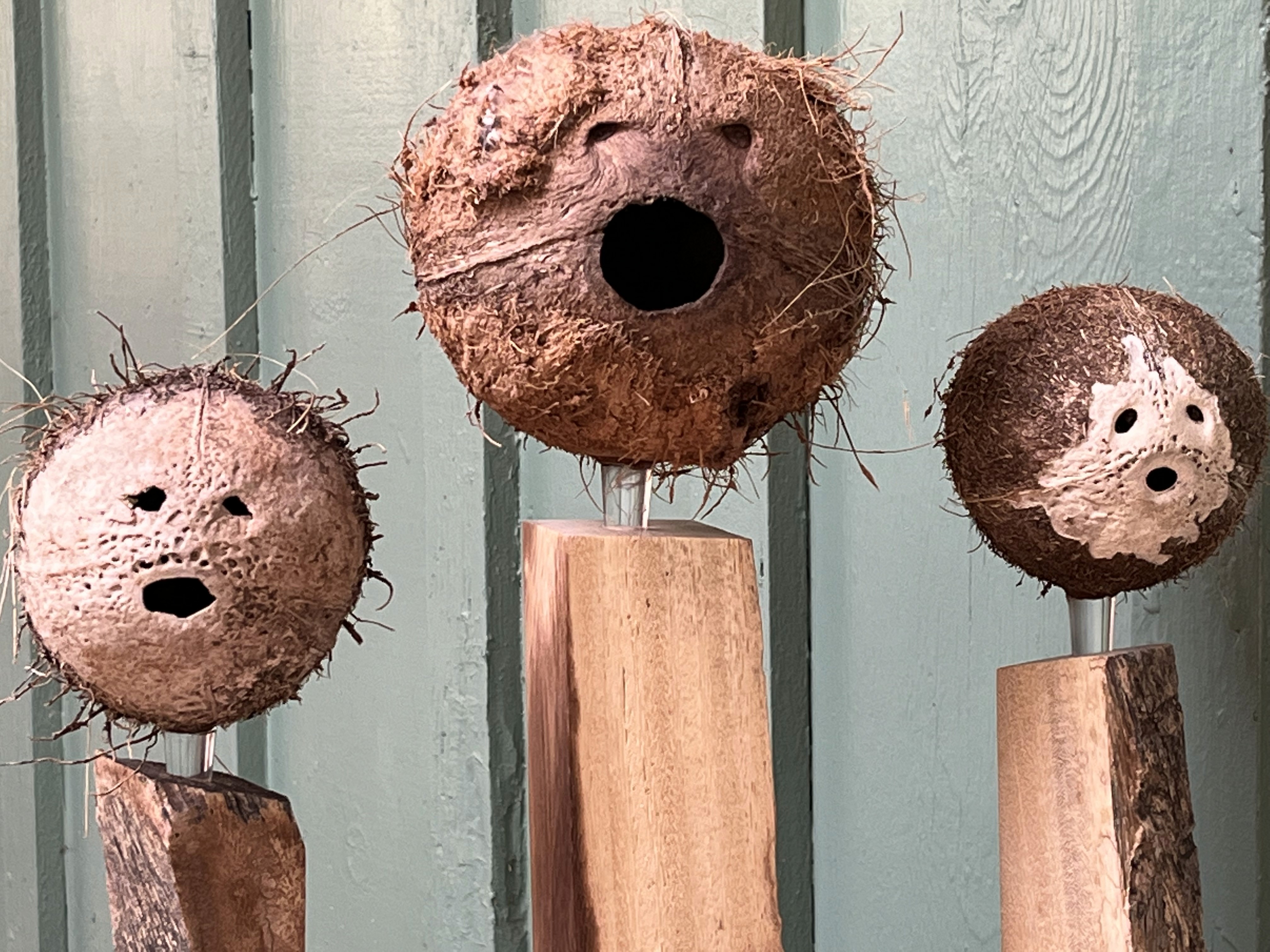

Uluniu Workday
Uluniu Workday
UH West Oahu
Mar 28, 2026, 8:00 AM
Mar 28, 2026, 8:00 AM
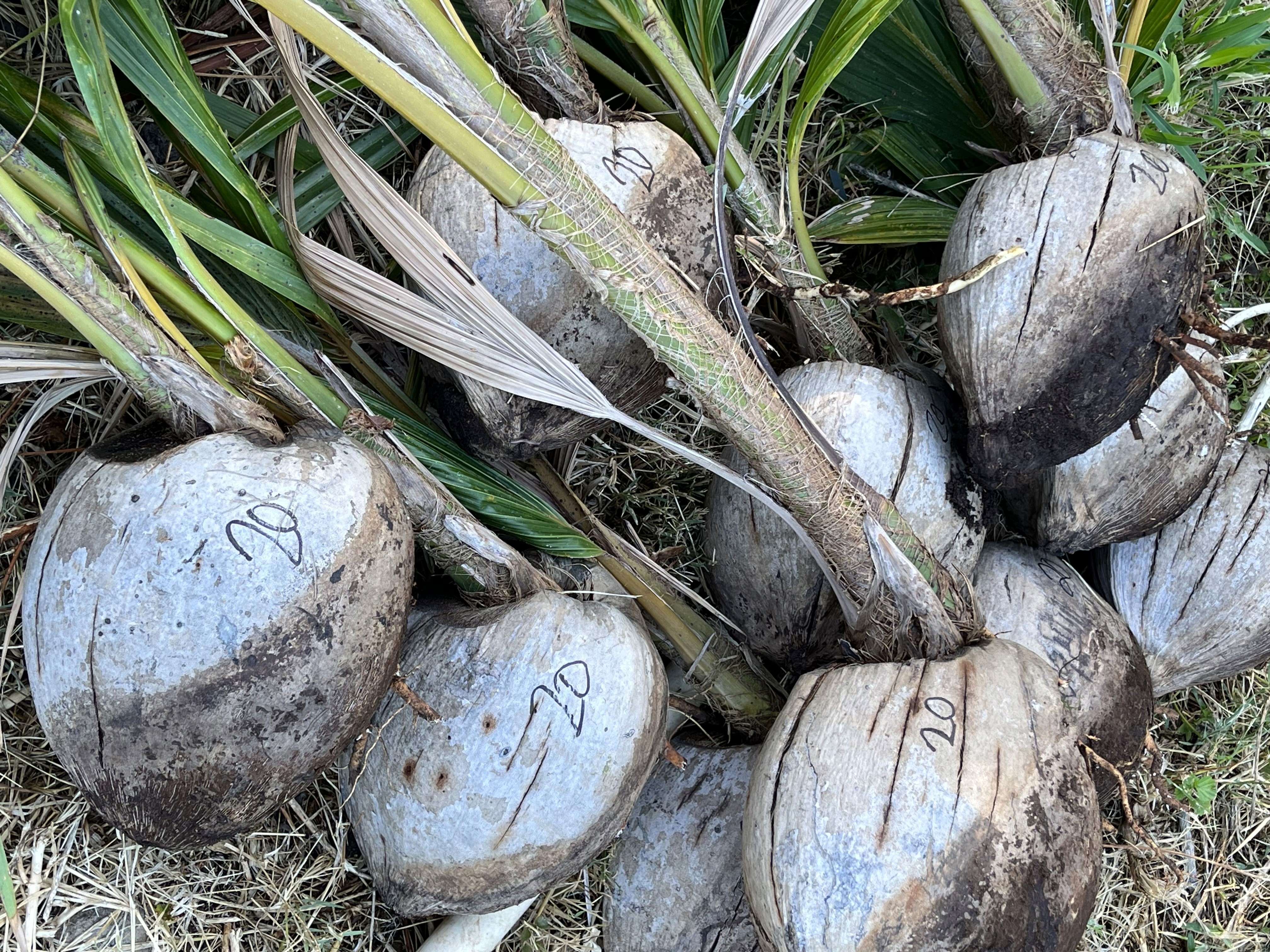

Uluniu Workday
Uluniu Workday
UH West Oahu
Apr 25, 2026, 8:00 AM
Apr 25, 2026, 8:00 AM
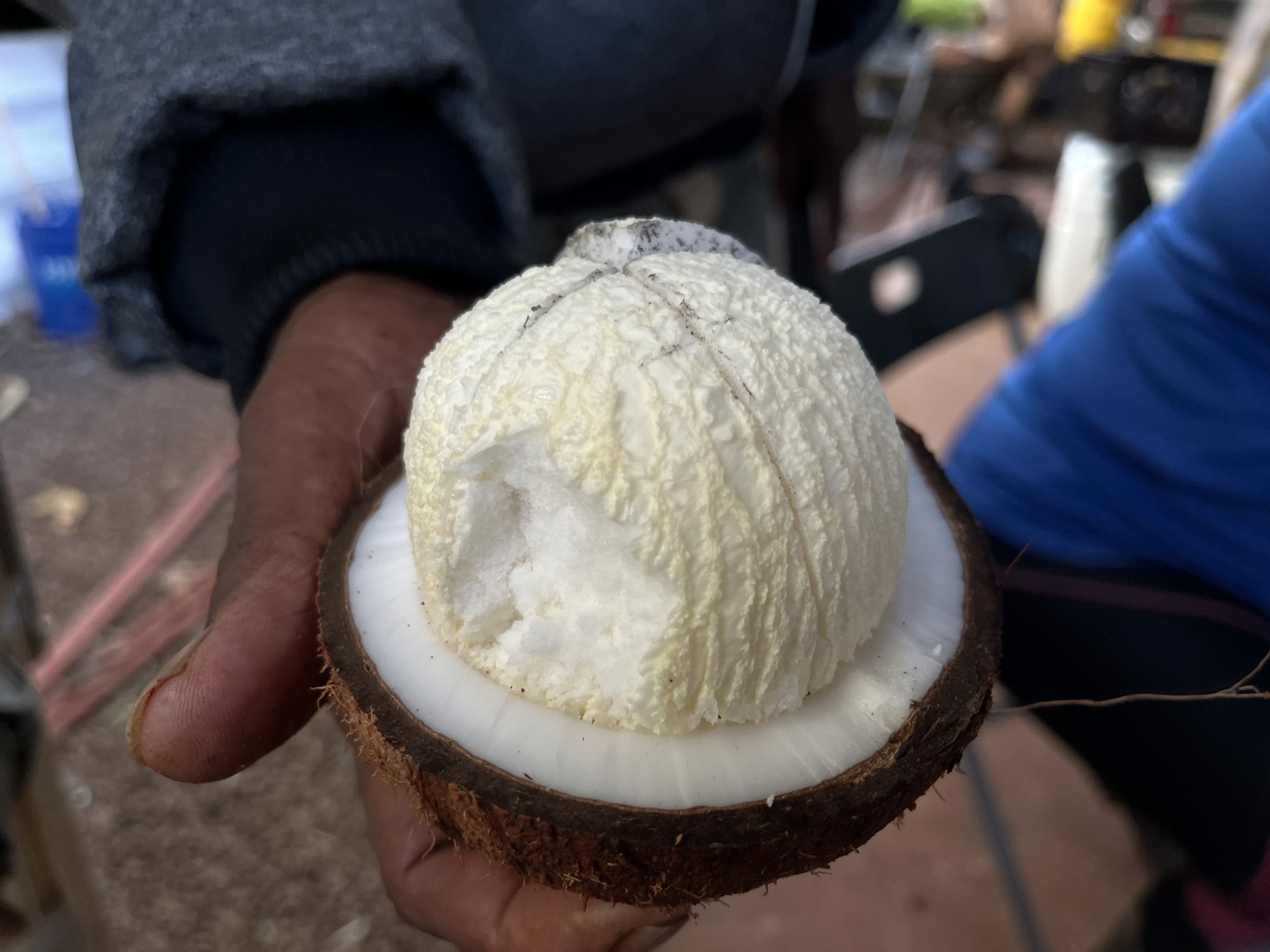

Uluniu Workday
Uluniu Workday
UH West Oahu
May 30, 2026, 8:00 AM
May 30, 2026, 8:00 AM
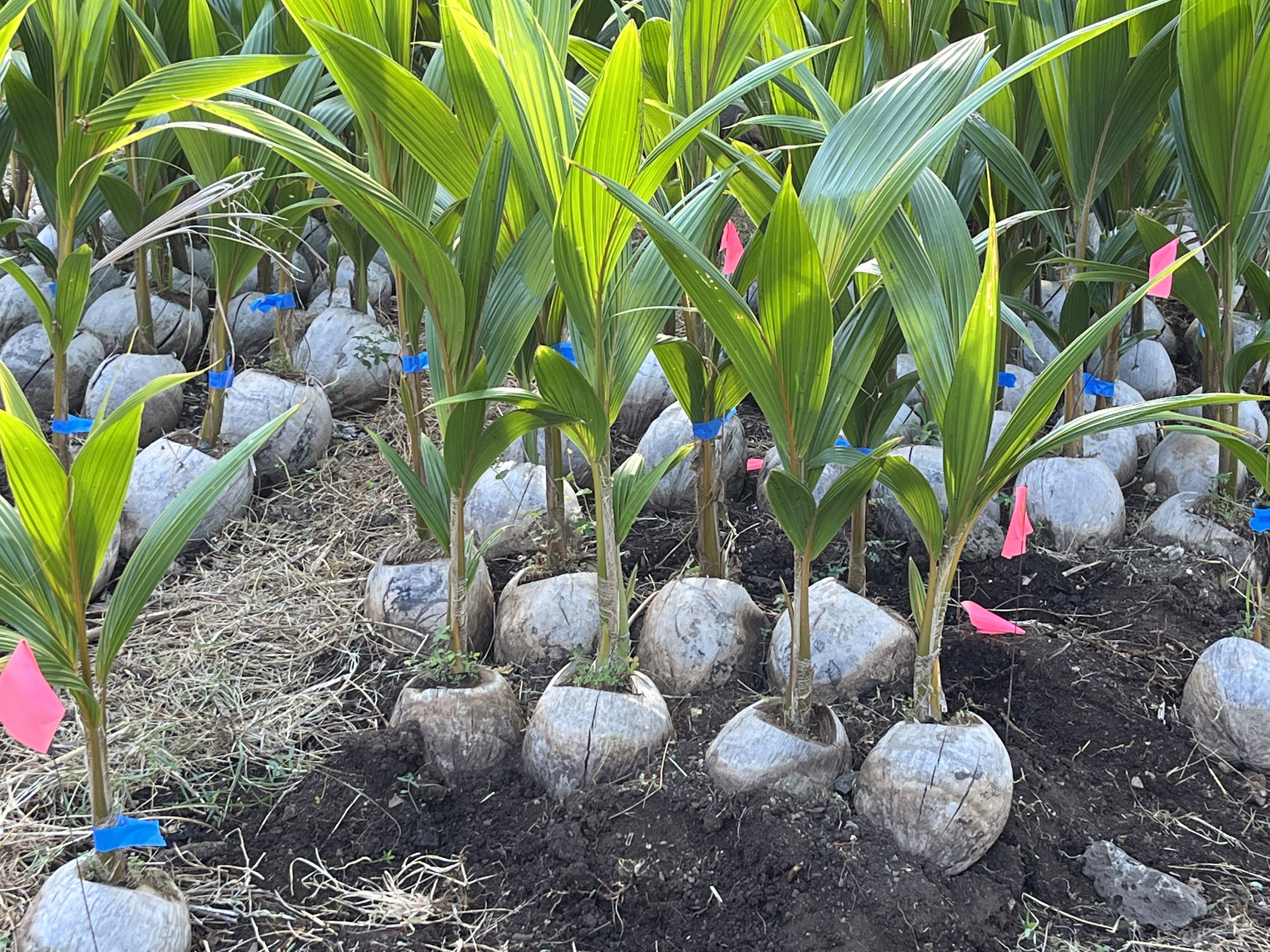

Uluniu Workday
Uluniu Workday
UH West Oahu
Jun 27, 2026, 8:00 AM
Jun 27, 2026, 8:00 AM
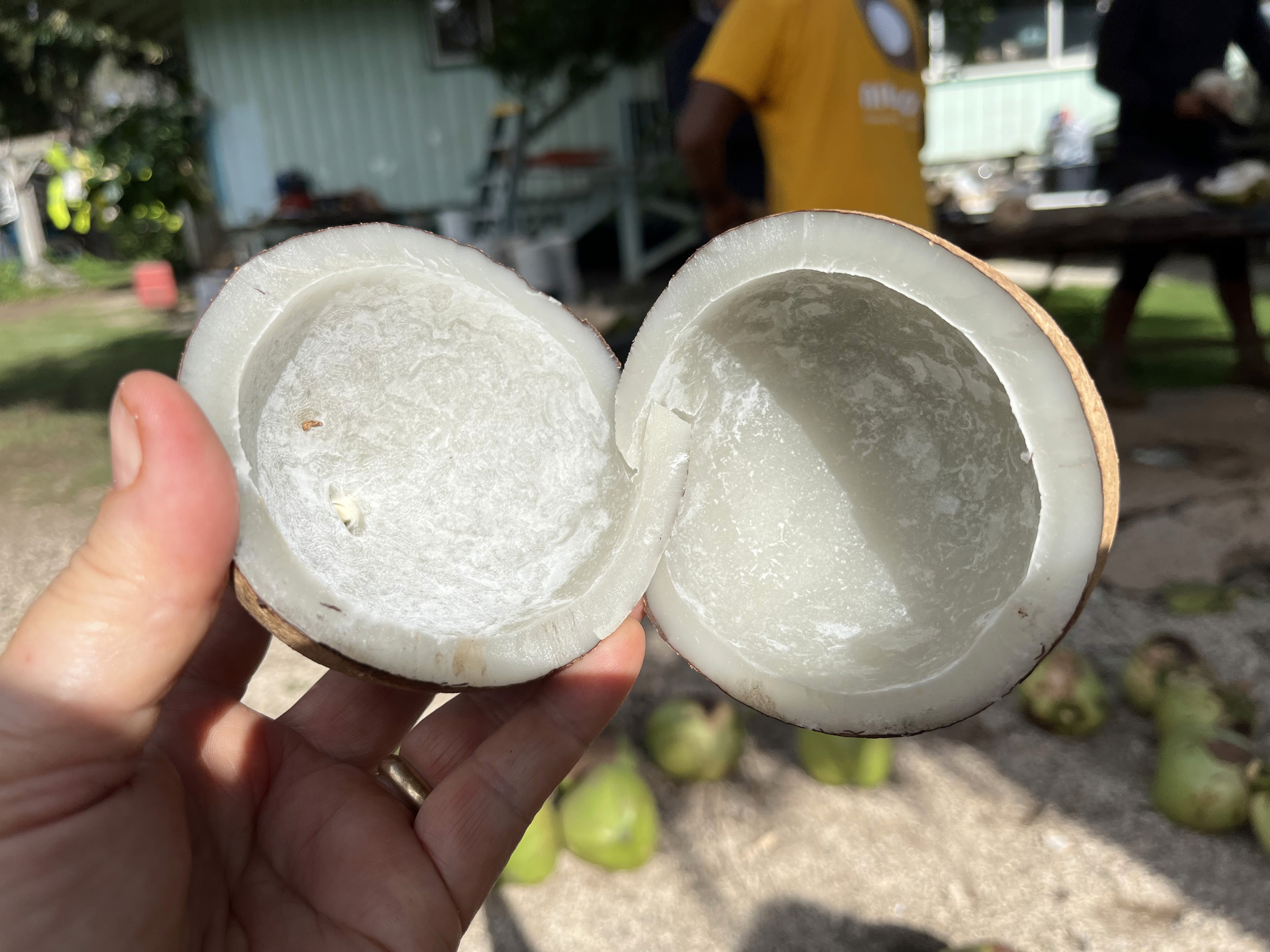

Uluniu Workday
Uluniu Workday
UH West Oahu
Jul 25, 2026, 8:00 AM
Jul 25, 2026, 8:00 AM
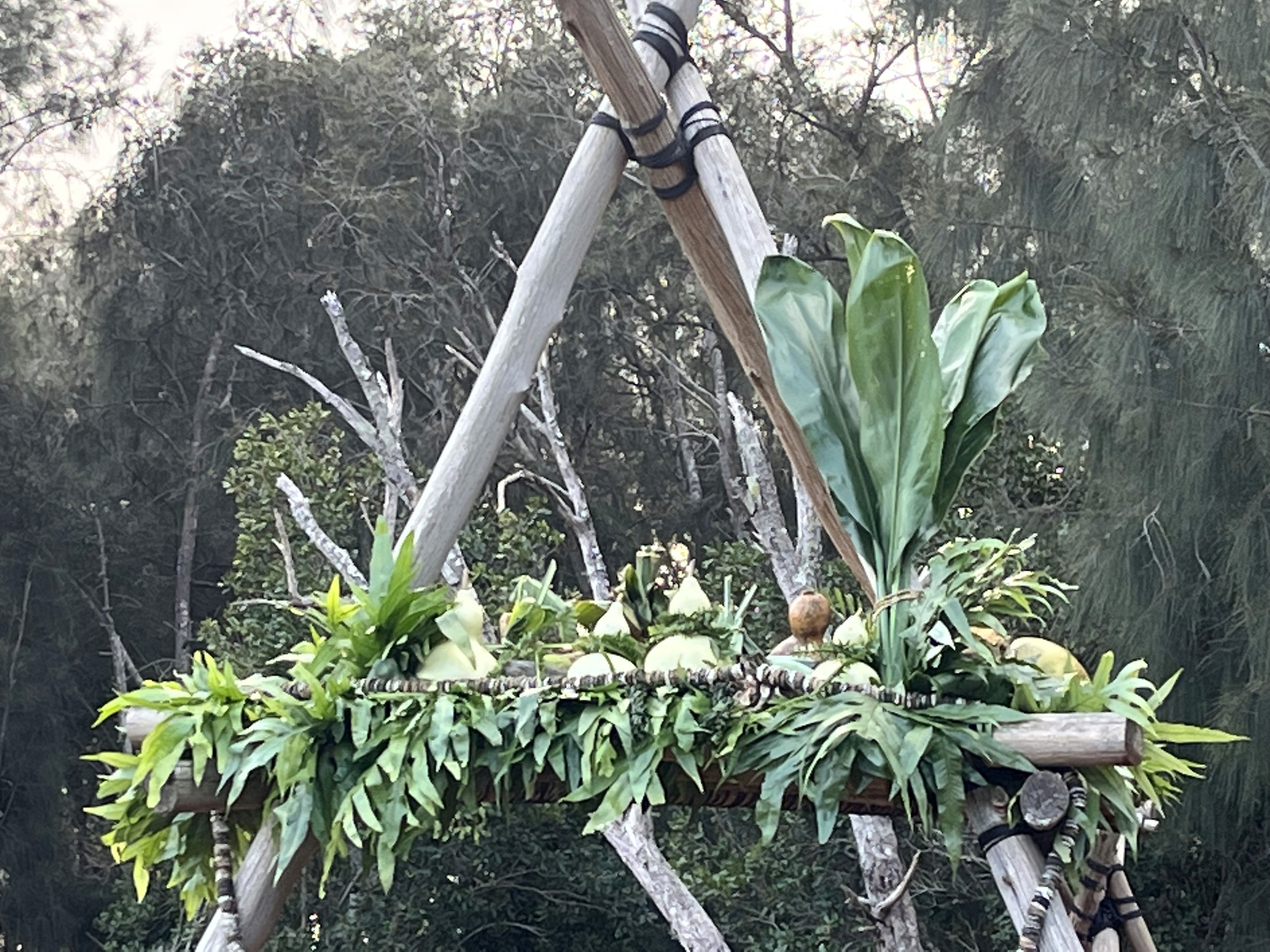

Uluniu Workday
Uluniu Workday
UH West Oahu
Aug 29, 2026, 8:00 AM
Aug 29, 2026, 8:00 AM
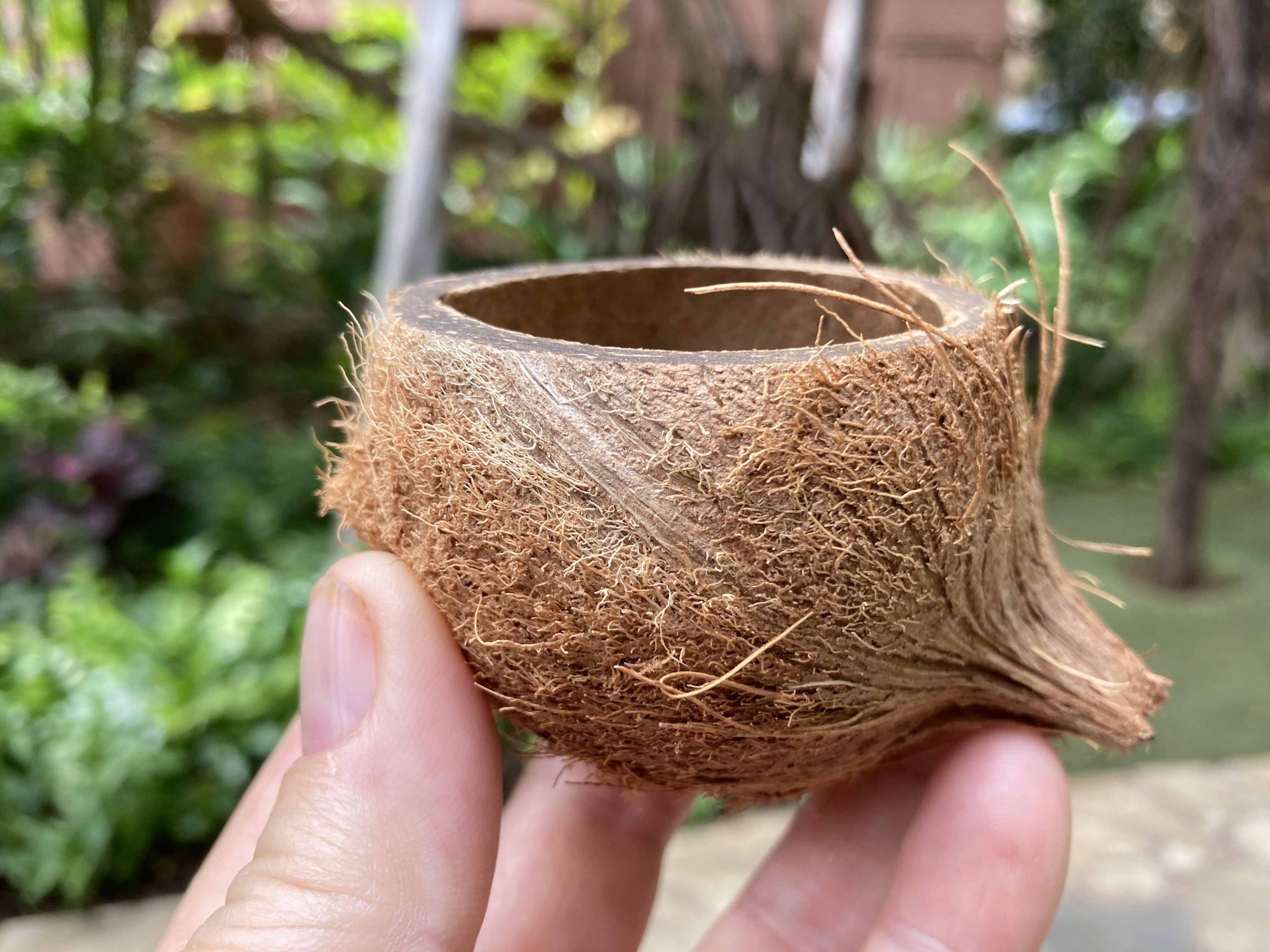

Uluniu Workday
Uluniu Workday
UH West Oahu
Sep 26, 2026, 8:00 AM
Sep 26, 2026, 8:00 AM
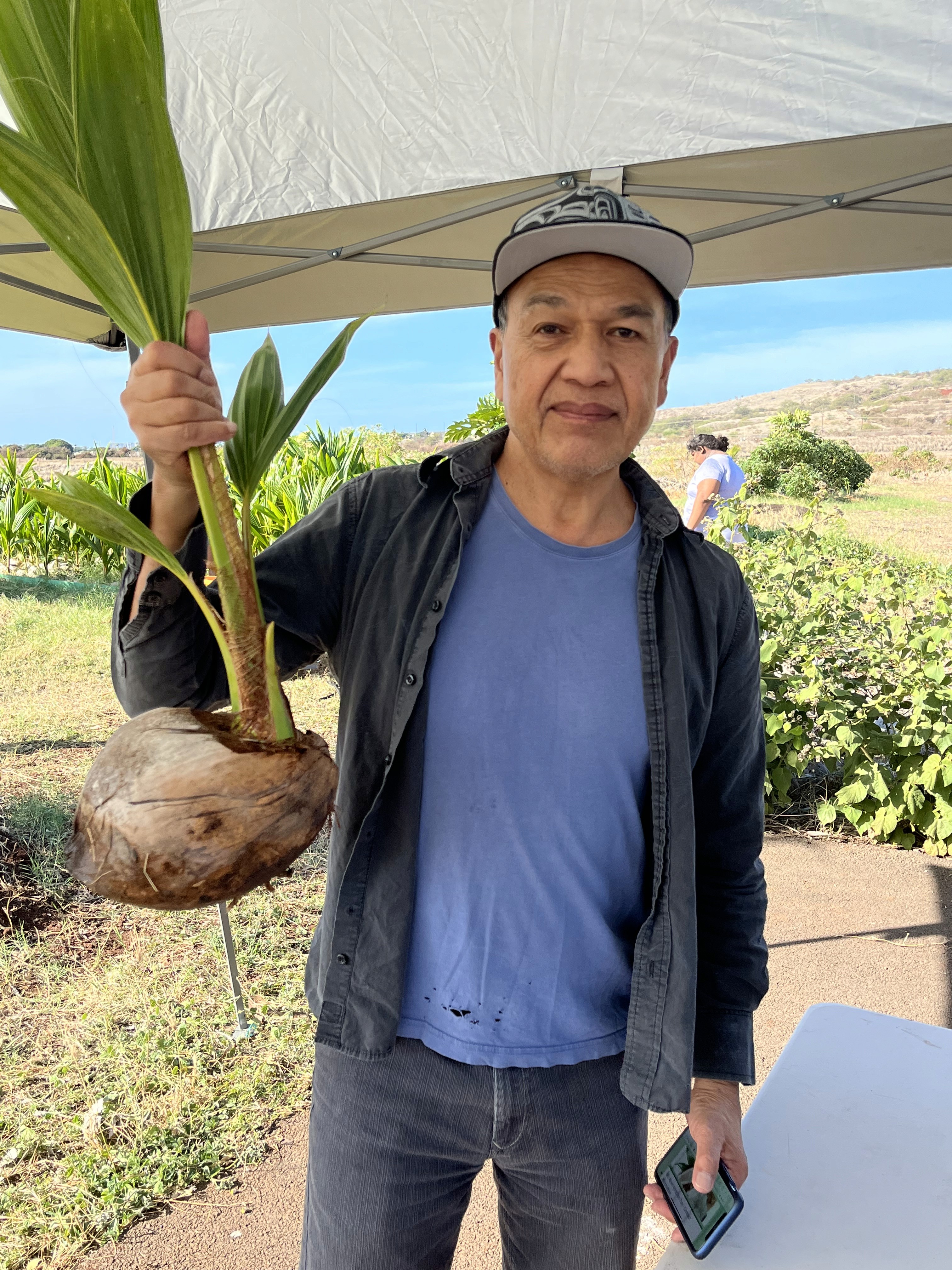

Uluniu Workday
Uluniu Workday
UH West Oahu
Oct 31, 2026, 8:00 AM
Oct 31, 2026, 8:00 AM
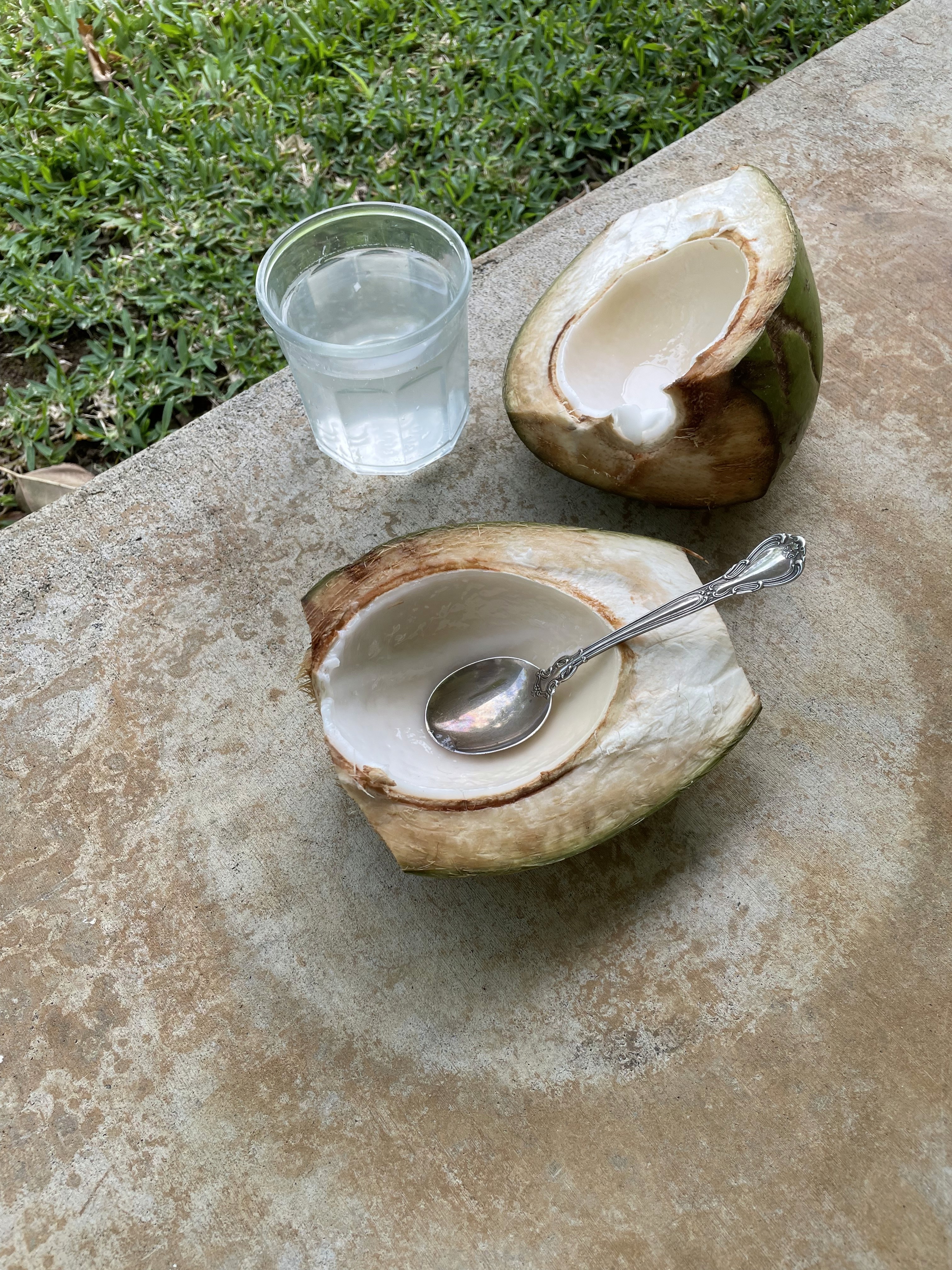

Uluniu Workday
Uluniu Workday
Kūkaniloko
Nov 7, 2026, 8:00 AM
Nov 7, 2026, 8:00 AM
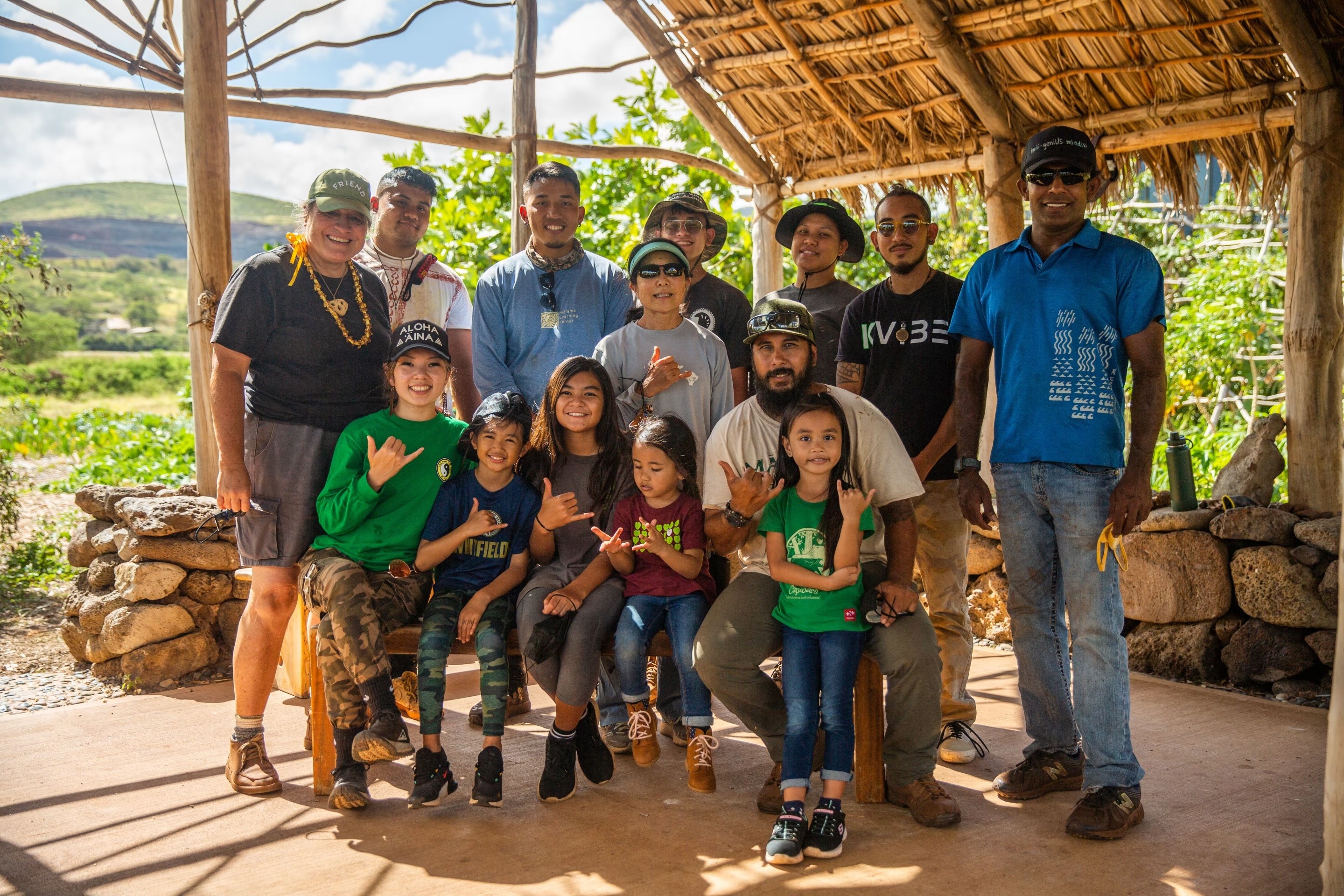

Uluniu Workday
Uluniu Workday
UH West Oahu
Nov 28, 2026, 8:00 AM
Nov 28, 2026, 8:00 AM
Resources
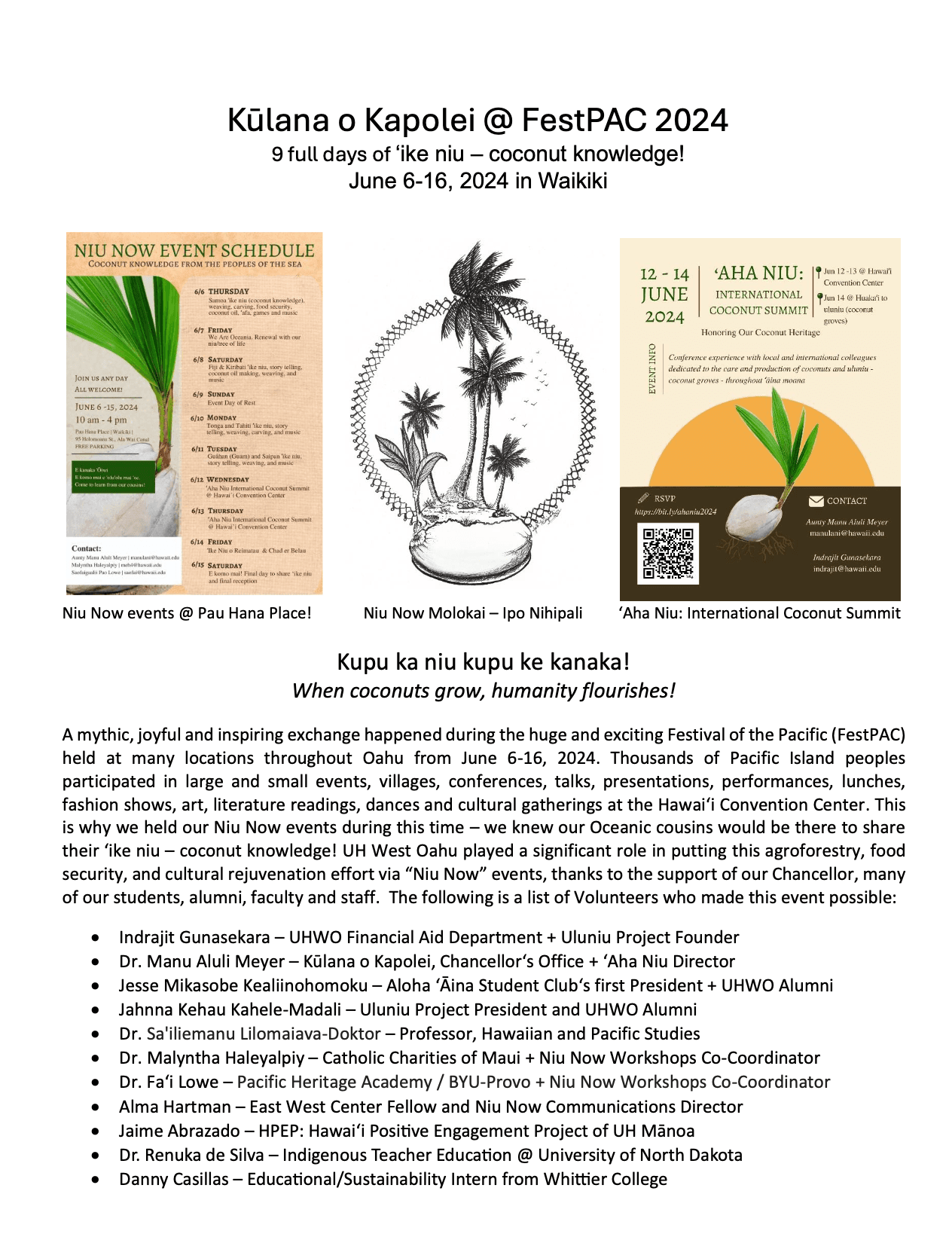

Fest Pac 2024
Fest Pac 2024
Download 18-Page Newsletter
Download 18-Page Newsletter
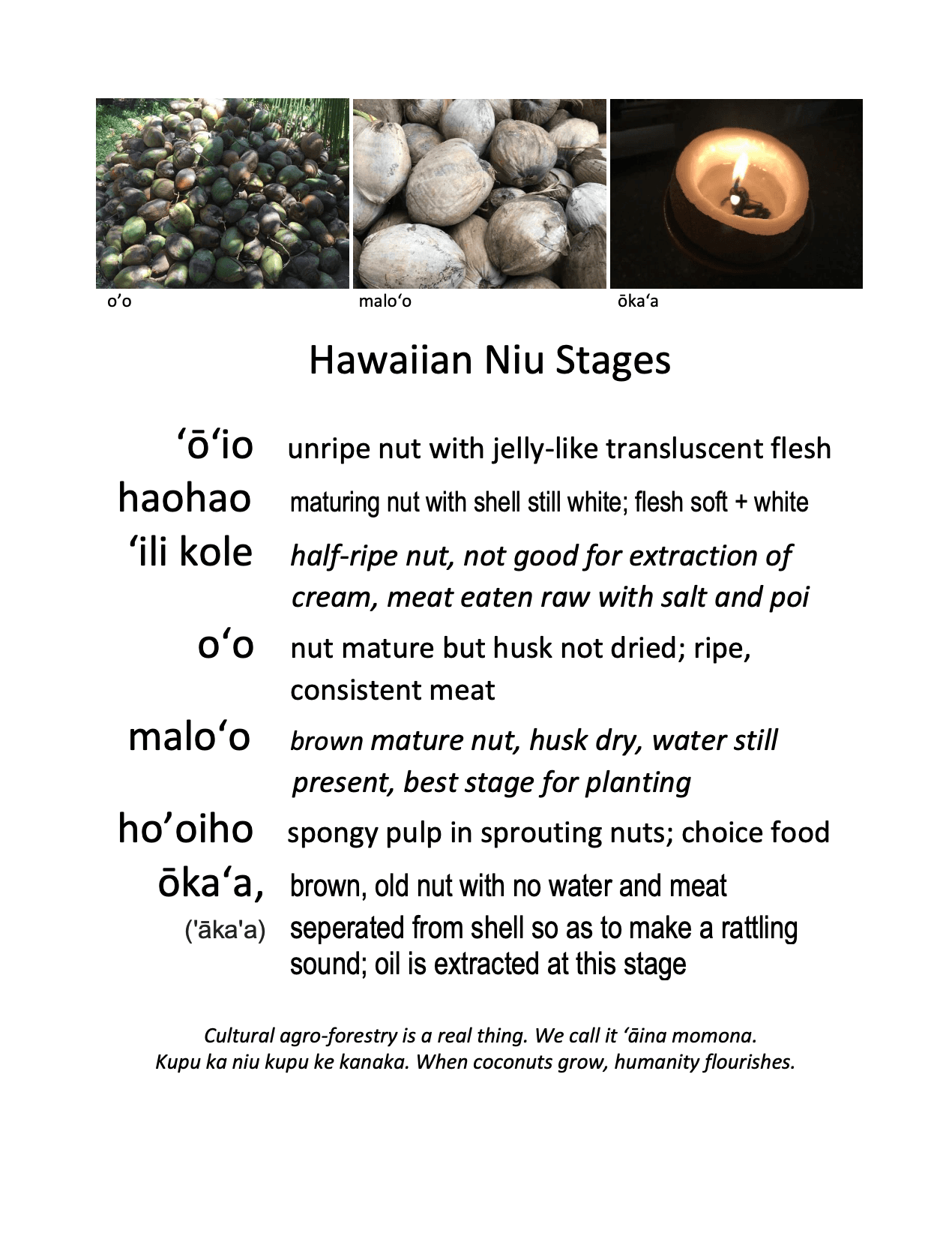

Hawaiian Niu Stages
Hawaiian Niu Stages
Download Handout
Download Handout
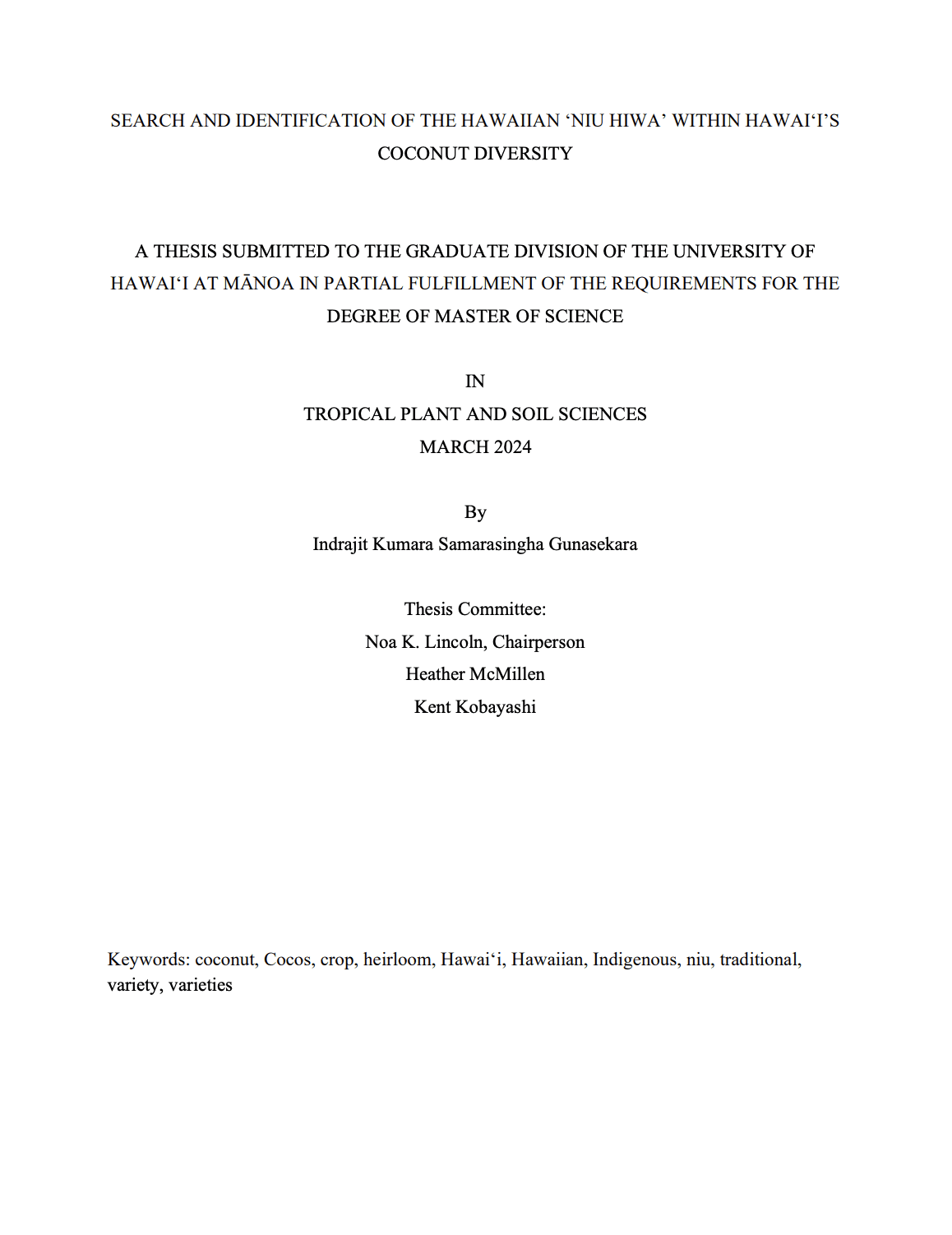

SEARCH AND IDENTIFICATION OF THE HAWAIIAN ‘NIU HIWA’ WITHIN HAWAI‘I’S COCONUT DIVERSITY by Indrajit Gunasekara
SEARCH AND IDENTIFICATION OF THE HAWAIIAN ‘NIU HIWA’ WITHIN HAWAI‘I’S COCONUT DIVERSITY by Indrajit Gunasekara
Read Thesis
Read Thesis
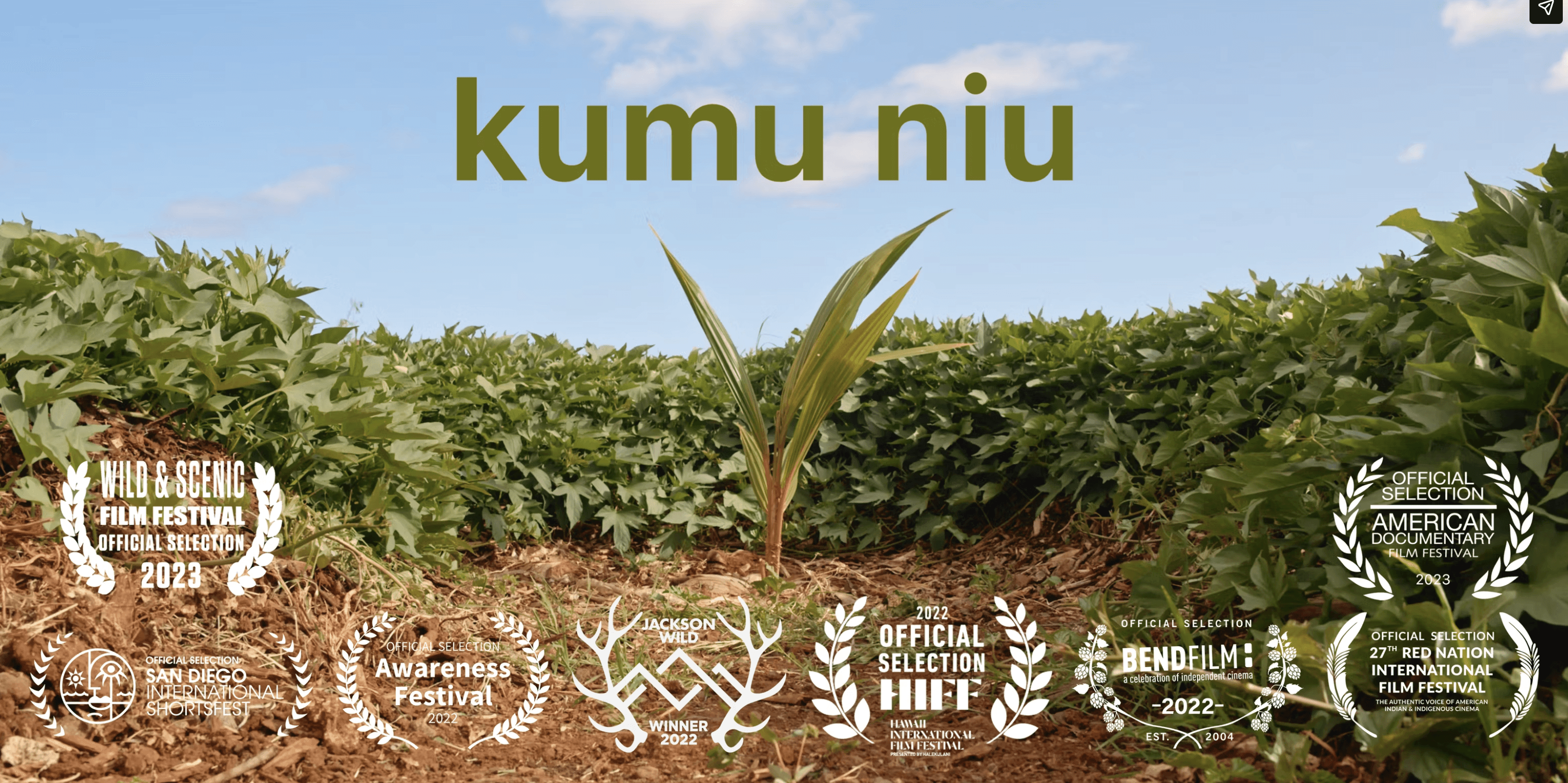

Kumu Niu (2022), dir. Alex Cantatore, 14 min
Kumu Niu (2022), dir. Alex Cantatore, 14 min
Watch Video
Watch Video
News
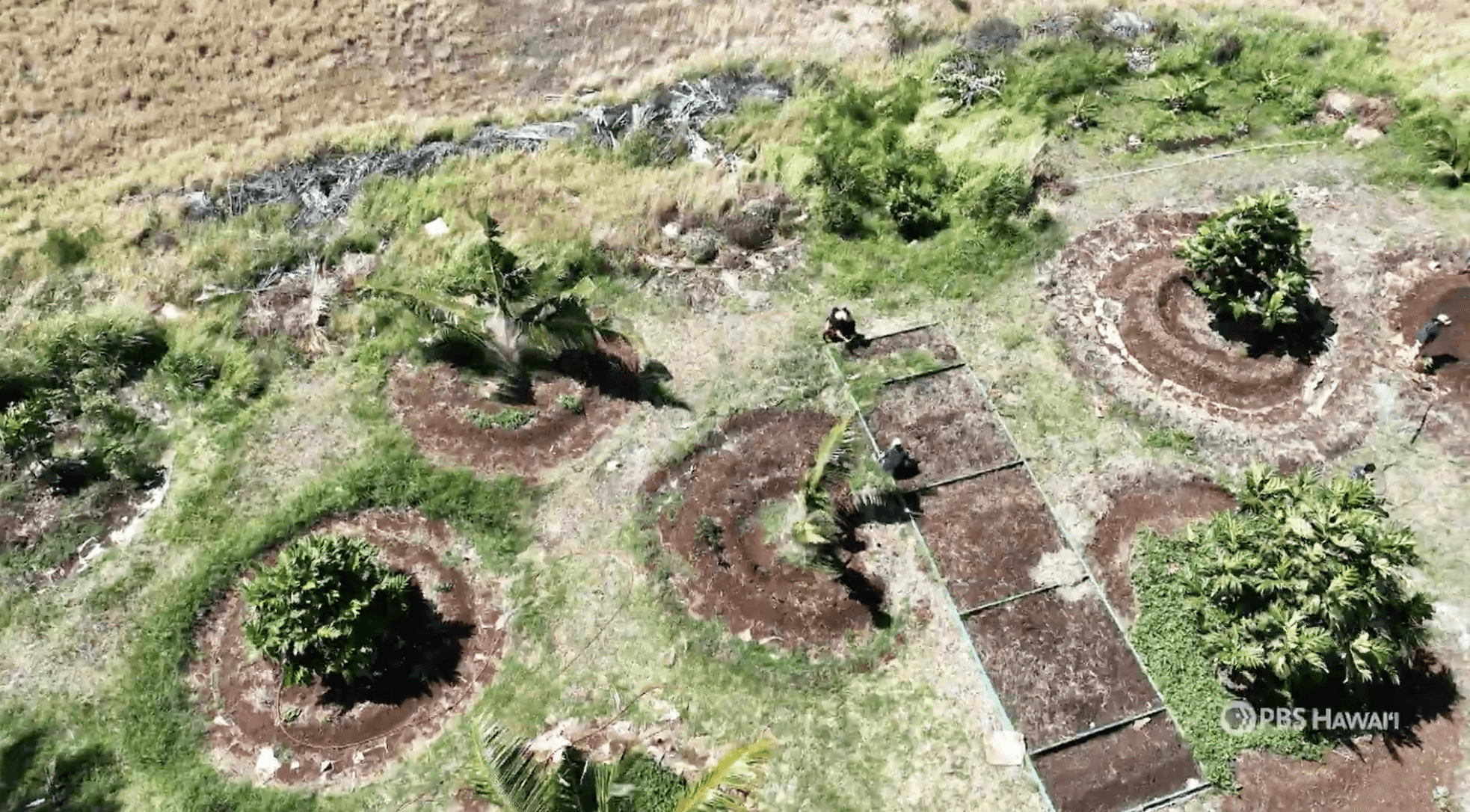

How coconuts are helping humanity flourish
Jun 27, 2024
PBS Hawaii
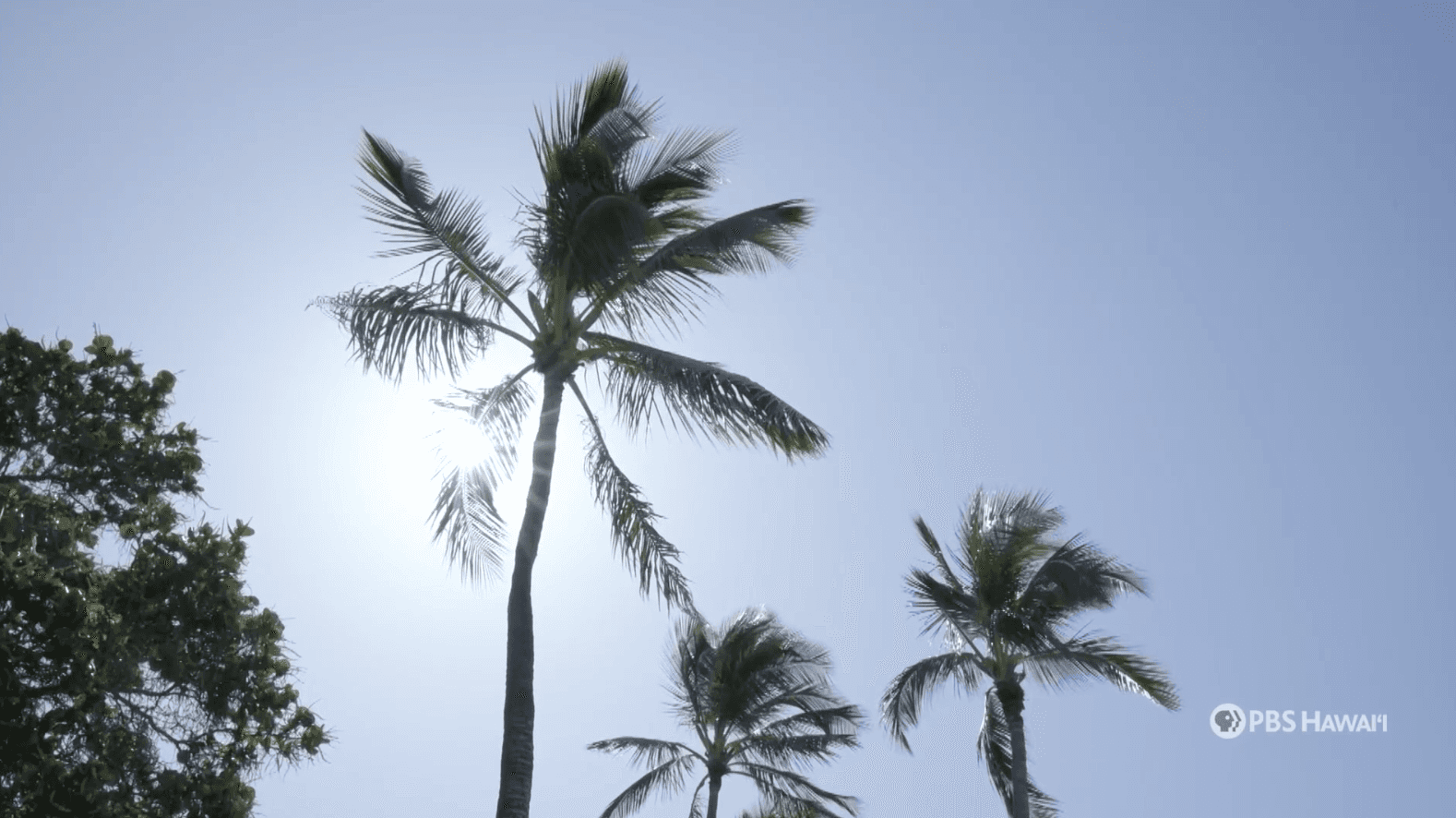

Home is Here
Jun 26, 2024
PBS Hawaiʻi
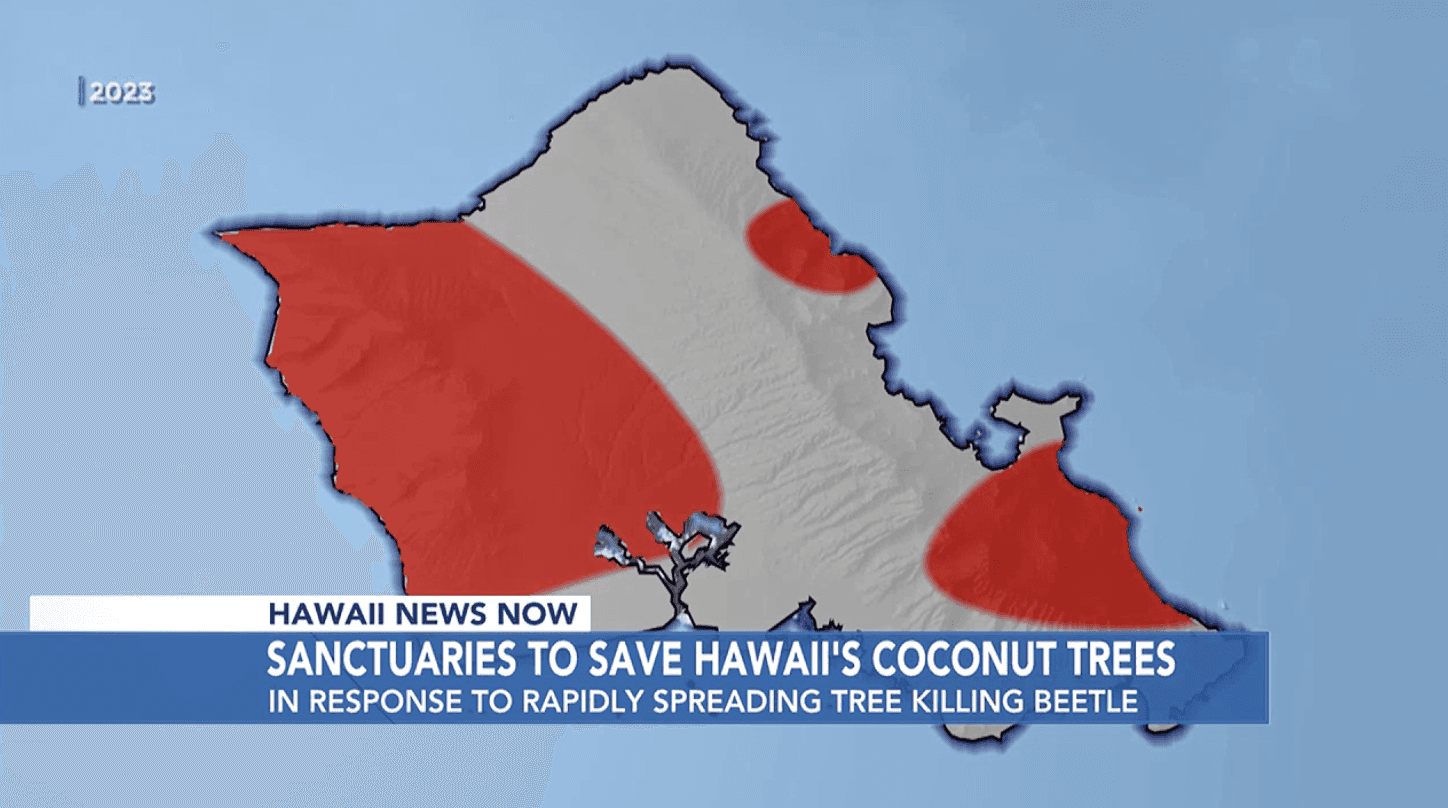

Group Hopes sanctuaries will help save Hawaiiʻs coconut trees from rapidly spreading pest
Apr 3, 2024
Hawai'i News Now
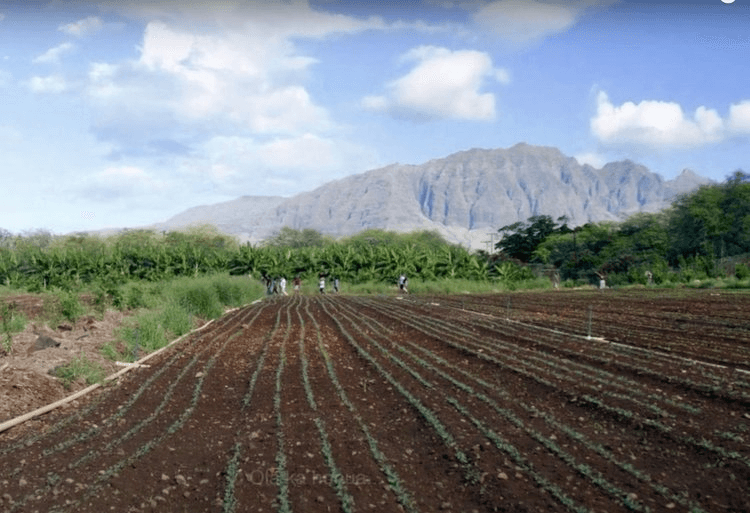

Life Comes From It In Hawai‘i
Sep 27, 2023
A Waolama Learning Center Film
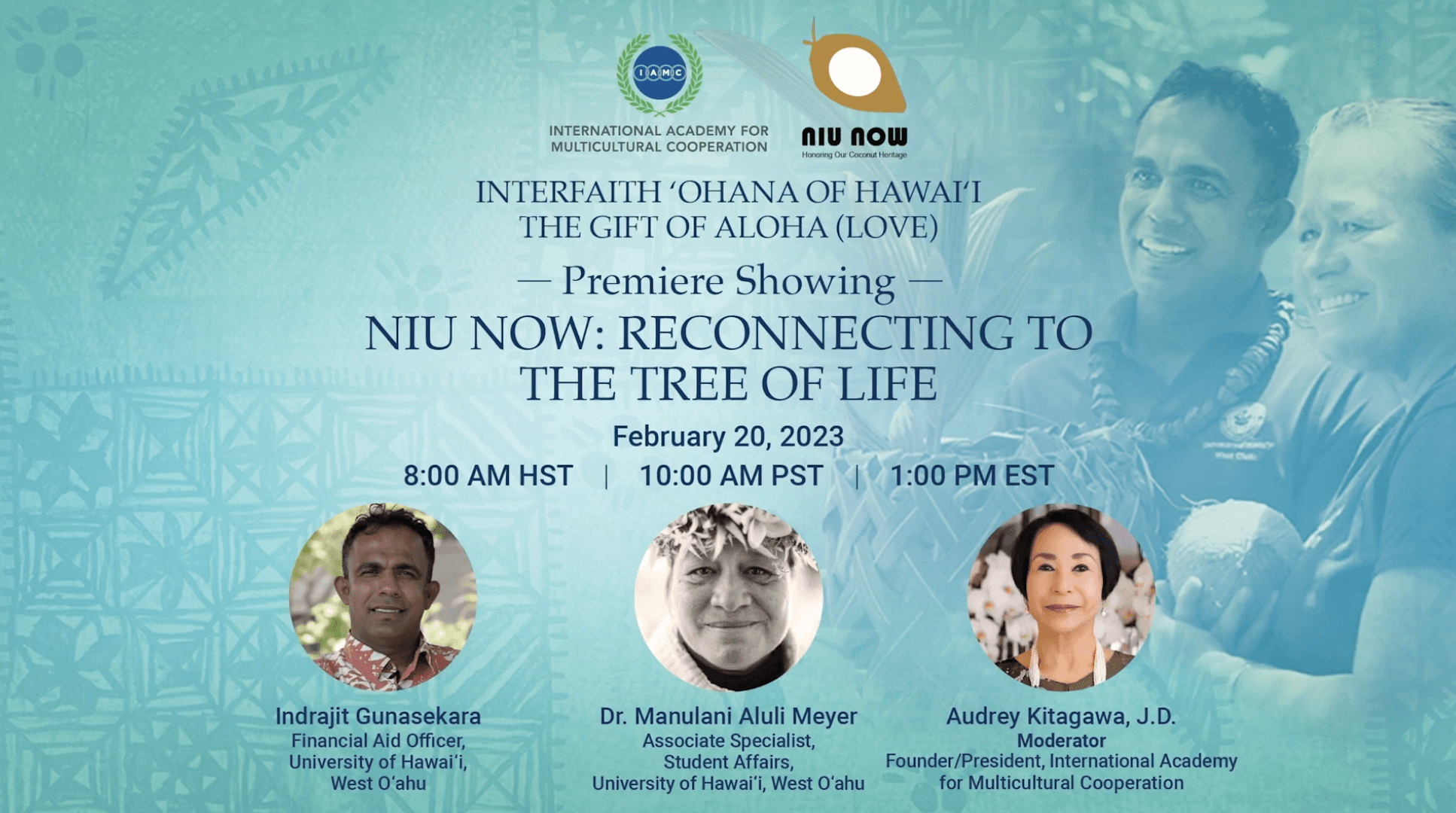

NIU NOW: Reconnecting to the Tree of Life
Feb 28, 2023
International Academy for Multicultural Cooperation
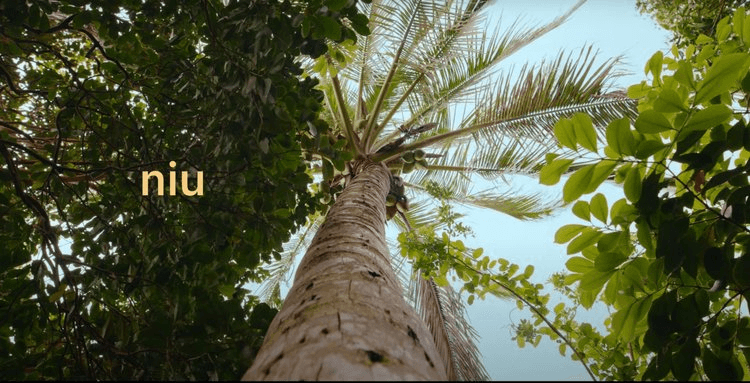

Niu documentary with UH West Oʻahu ties garners acclaim and awards
Dec 2, 2022
Ka Puna O Kalo‘i
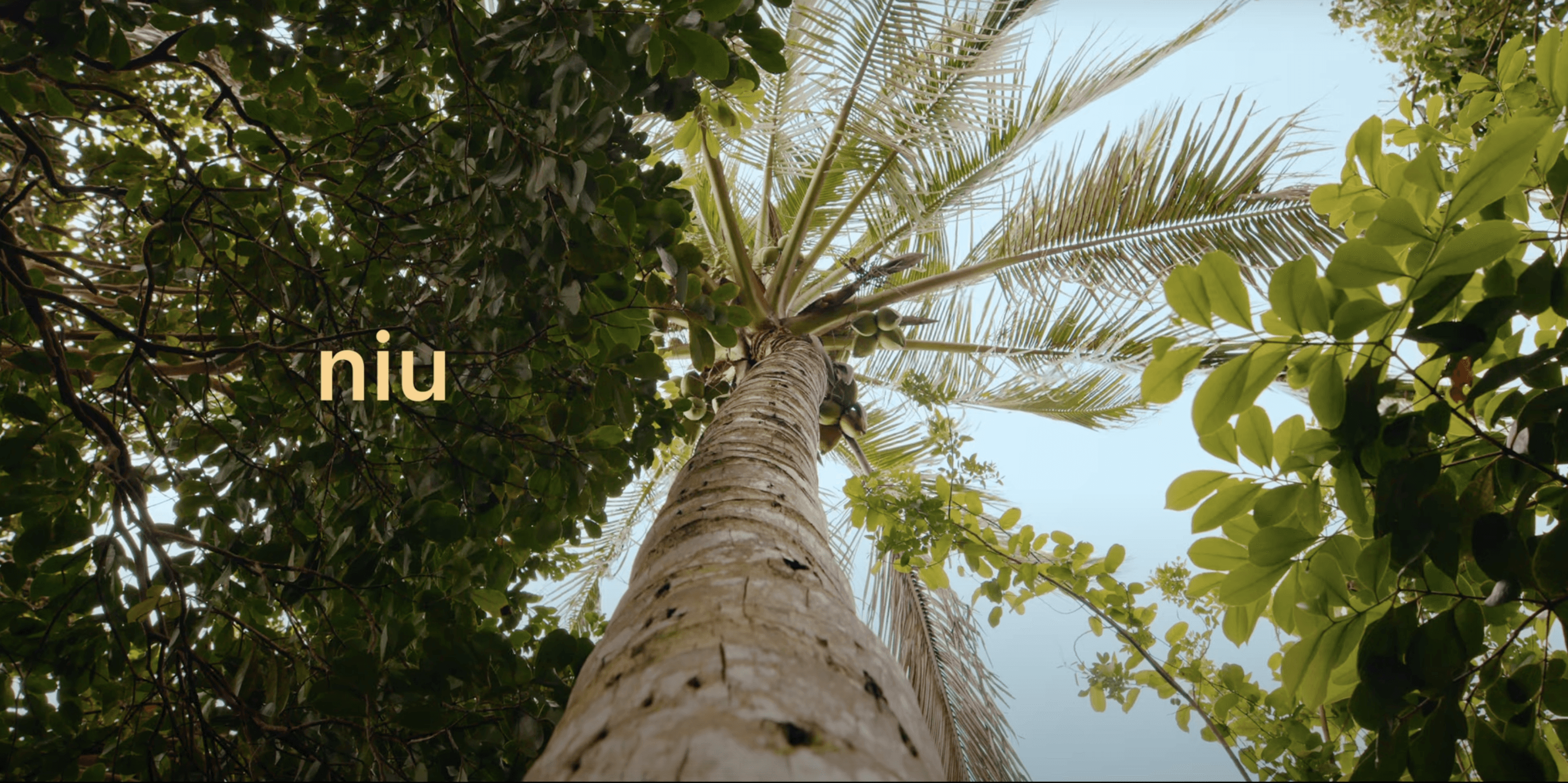

Kumu Niu (Subtitled)
Apr 18, 2022
National Association of State Foresters
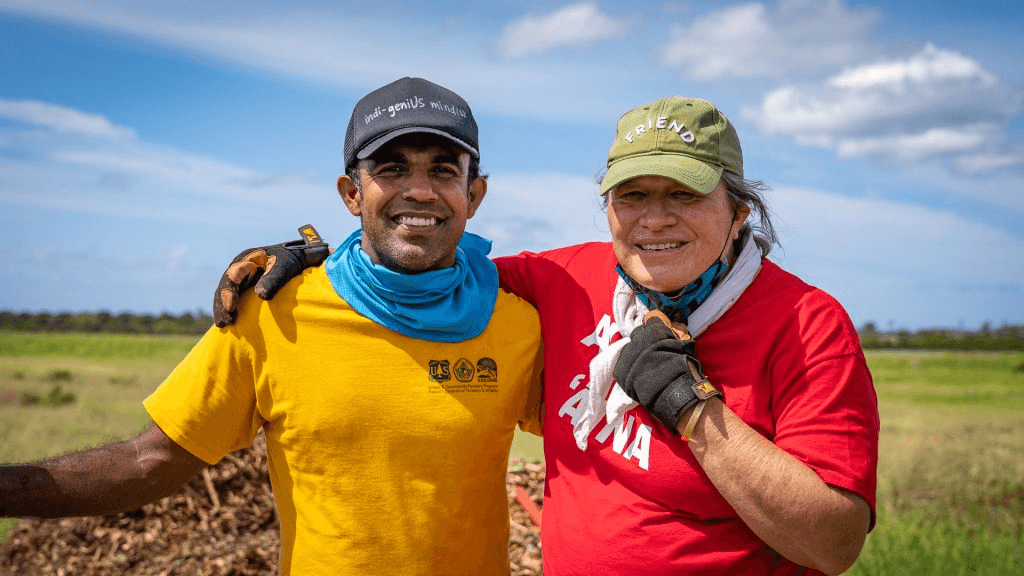

How The Westside Is Restoring The Coconut Tree As A Food Source In Hawaii
Apr 4, 2021
Civil Beat
